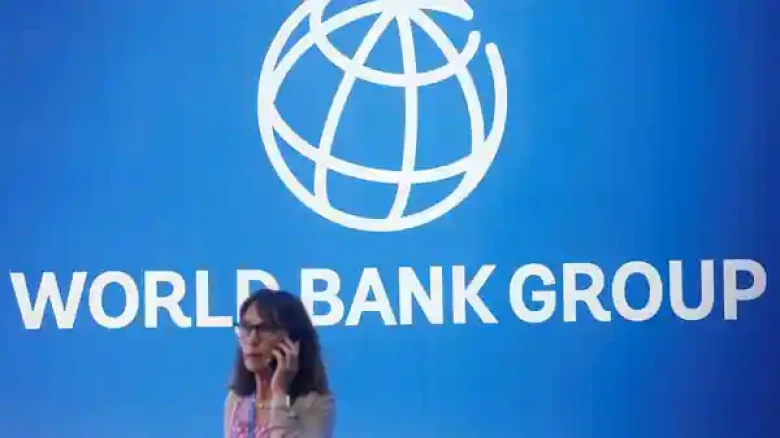Sports

In 2021, when most were emerging from the pandemic depression, the region's economies increased by 7.8%.
color:#252525">Digital Desk: As rising commodity prices and debt issues hammer
economies in South Asia, the World Bank on Thursday, reduced India's growth
prediction for this fiscal year by a whole percentage point and forecast a 9.5%
drop in crisis-stricken Sri Lanka.
color:#252525">The region's growth forecast, which includes India, Pakistan,
Afghanistan, Bangladesh, Sri Lanka, Nepal, Bhutan, and the Maldives, was
downgraded from a June forecast of 6.8% to 5.8%. The projection for India was
reduced from 7.5% to 6.5%.
color:#252525">The bank noted the surge in commodity costs brought on by the crisis
in Ukraine as well as the unequal recovery from the COVID-19 pandemic's effects
in the area. It predicts that regional inflation will reach 9.2% this year
before progressively declining.
color:#252525">The World Bank noted that decreasing global demand will affect the
nation's exports in its twice-yearly report on South Asia, stating that
"Private investment growth is anticipated to be affected by heightened
uncertainty and higher financing costs."
color:#252525">Since the Taliban seized power in August 2021, Afghanistan was
not included in the regional report since it has not published national account
data.
color:#252525">In 2021, when most were emerging from the pandemic depression,
the region's economies increased by 7.8%.
color:#252525">The Reserve Bank of India this week reduced its projection for
growth from 7.2% to 7% while boosting the benchmark repo rate by 50 basis
points to 5.9% in an effort to rein in excessive inflation, which is expected
to continue above 6% until the beginning of 2023.
color:#252525">In quick succession, the COVID-19 pandemic, fluctuations in global
liquidity and commodity prices, as well as natural calamities, have impacted
the area's economies.
color:#252525">Martin Raiser, vice president of the World Bank for South Asia,
urged the governments to use their limited resources to protect the populace.
"Countries need to develop stronger fiscal and monetary buffers in the
face of severe shocks," he said.
color:#252525">In order to maintain long-term growth possibilities, the World
Bank also recommended nations to loosen limitations on labour migration by
implementing flexible visa rules.
Leave A Comment